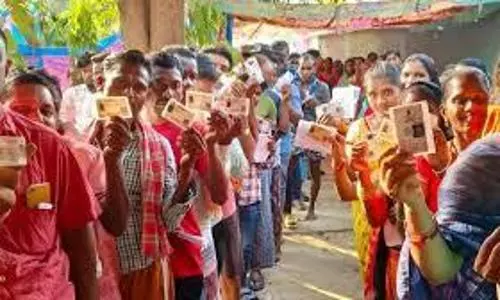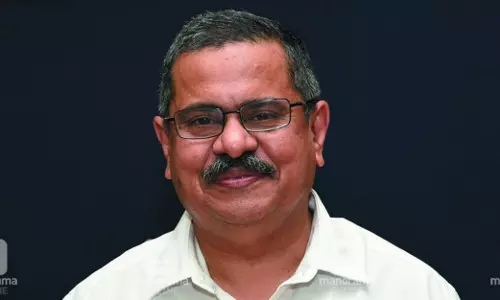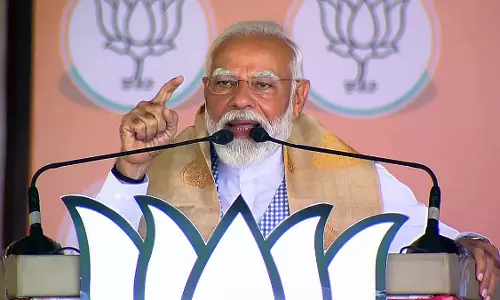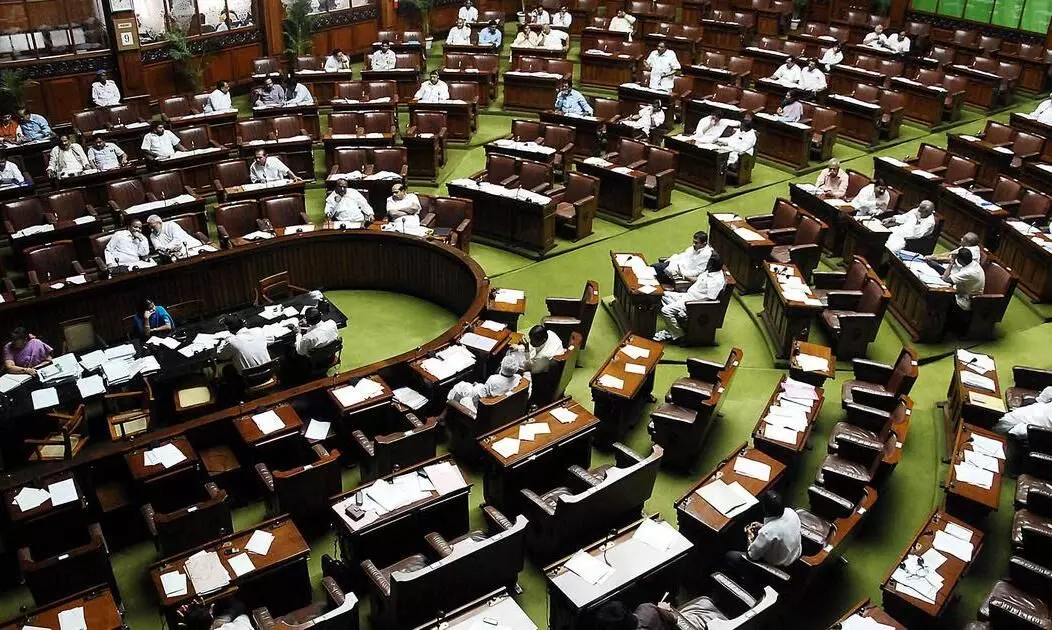
Union govt introduces constitutional amendment giving states the power to identify SEBCs
text_fieldsRepresentational.
The Union government on Monday introduced the Constitution (One hundredth and twenty-seventh amendment) Bill 2021, in the Lok Sabha, reports LiveLaw. The amendment seeks to restore the power of state government to identify and specify Socially and Economically Backward Classes(SEBCs), reversing the ruling of the Supreme Court in the Maratha reservation case, which held that only the President of India shall hold such power. No discussion was held on the proposed bill, owing to the protests of the opposition. The opposition has been protesting since the onset of the Monsoon session of the parliament, demanding a discussion on the Pegasus leak.
A constitution bench of the Supreme court had held that states lack power to identify and specify SEBCs after the 102nd Constitutional Amendment. With a 3:2 majority, the bench held that only the President of India has such power, contrary to the Union government's stance that the amendment did not affect the power of the states. Though the union government sought a review of the judicial interpretation of the amendment, it was dismissed.
The proposed bill seeks to amend article 342A to state that the power of the President is only to specify SEBCs for the purpose of the Union List. It also proposes an additional clause to the article, which states that states and union territories can identify and specify SEBCs separately and different from the Union list, allegedly necessary to retain the country's federal structure.
























